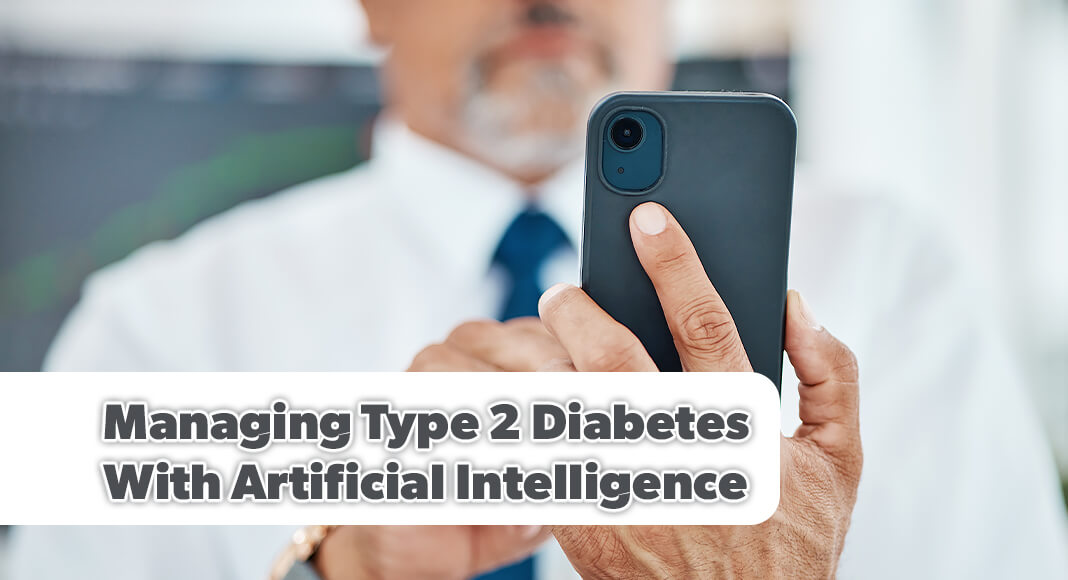
Mega Doctor News
CLEVELAND CLINIC – A new study from Cleveland Clinic shows the benefits of using AI technology to help monitor and treat individuals with type2 diabetes.
Kevin Pantalone, MD, who is an endocrinologist at Cleveland Clinic, explains how it works.
“The patients were randomized in the study to either the usual care group, which is where they received the usual recommended care for patients with type 2 diabetes through their primary care provider, or they were randomized to the Twin Precision treatment system, which is an artificially intelligence-enabled system that bundles sensors and health coaching to give patients individualized recommendations in real time to help them control their blood sugar,” said Dr. Pantalone.
Dr. Pantalone led the research and said the AI technology is linked to an app on the participant’s cellphone and tracks in real time their blood sugar, body weight, blood pressure, and physical activity.
Based on those numbers, it will then recommend different food choices or physical activity to help manage their diabetes.
He said the study found that after 12 months, 71% of users were able to reach their A1C target level of less than 6.5% without glucose-lowering medications, except Metformin.
Of the non-users, only 2.4% were able to achieve the same.
Those who used the technology also reported a reduction in their body weight and were able to wean off other therapies.
“It was very surprising to see the extent of the de-intensification of therapy in patients that were in the clinical trial in the intervention group, specifically with some of thenewer therapies like GLP-1 receptor agonist, SGLT2 inhibitors. Across the board in the intervention group, we saw a significant decrease in the number of these therapies being utilized by the patients at 12 months, whereas in the usual care group, it either remained the same or in some instances, there was an increase in the utilization of therapies, which there specifically was an increase in the usual care group with the GLP-1 receptor agonist,” said Dr. Pantalone.
He added that no one demographic did better than another, which suggests most individuals could potentially use the technology.








